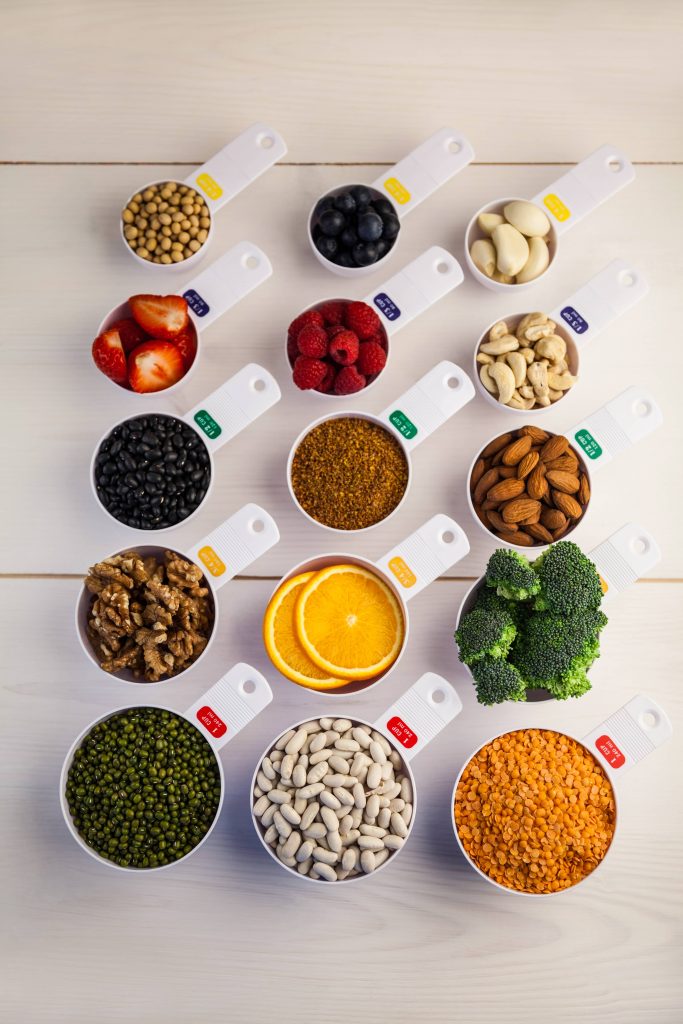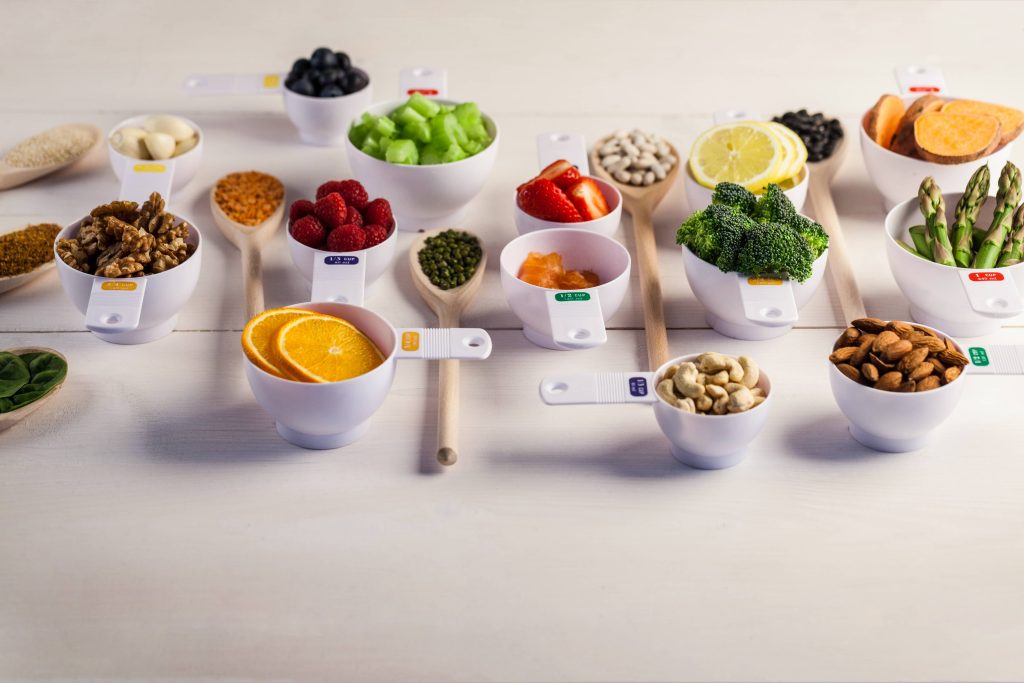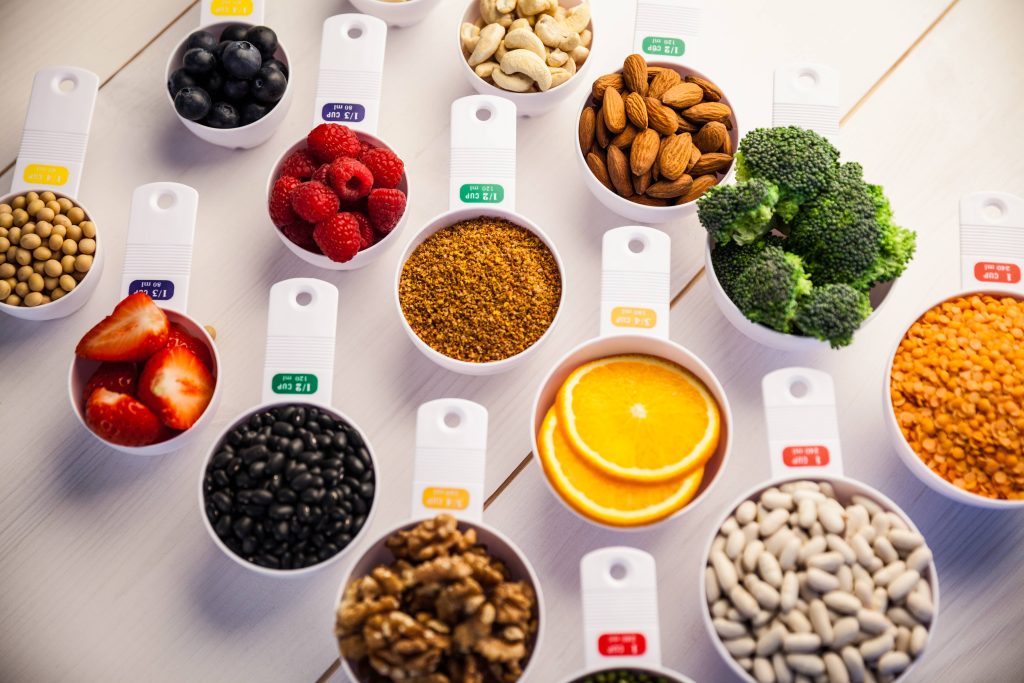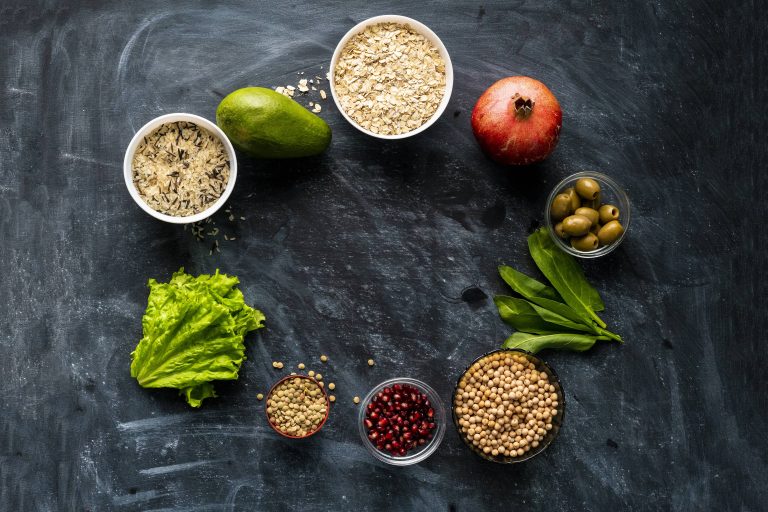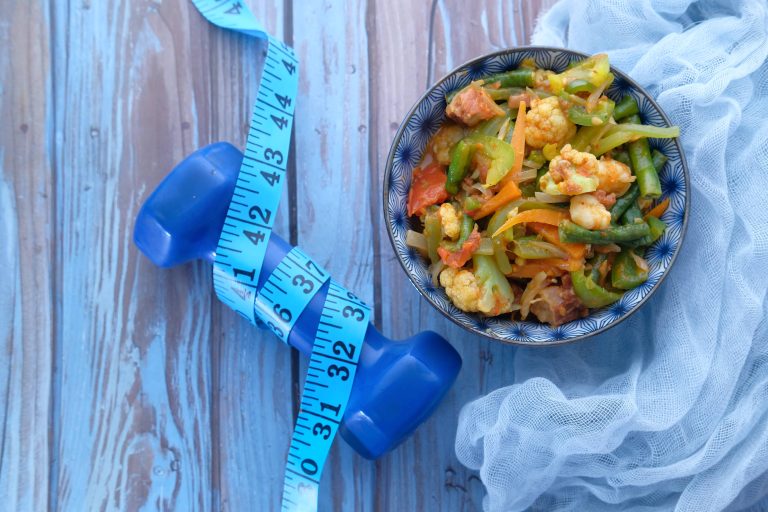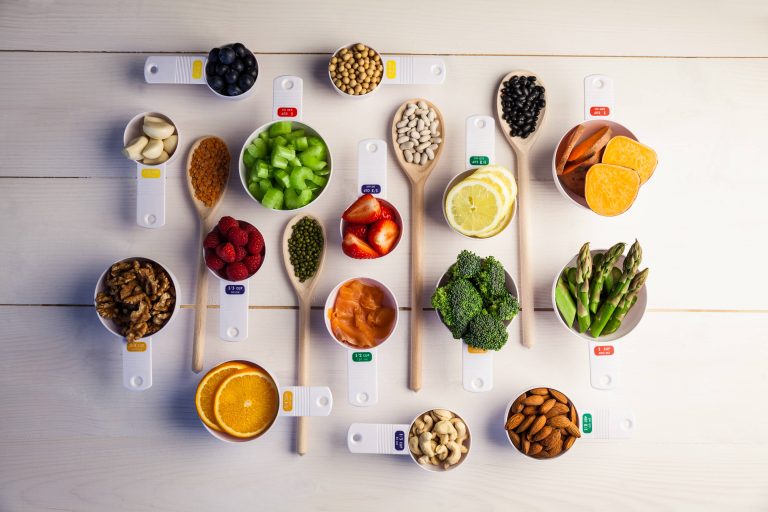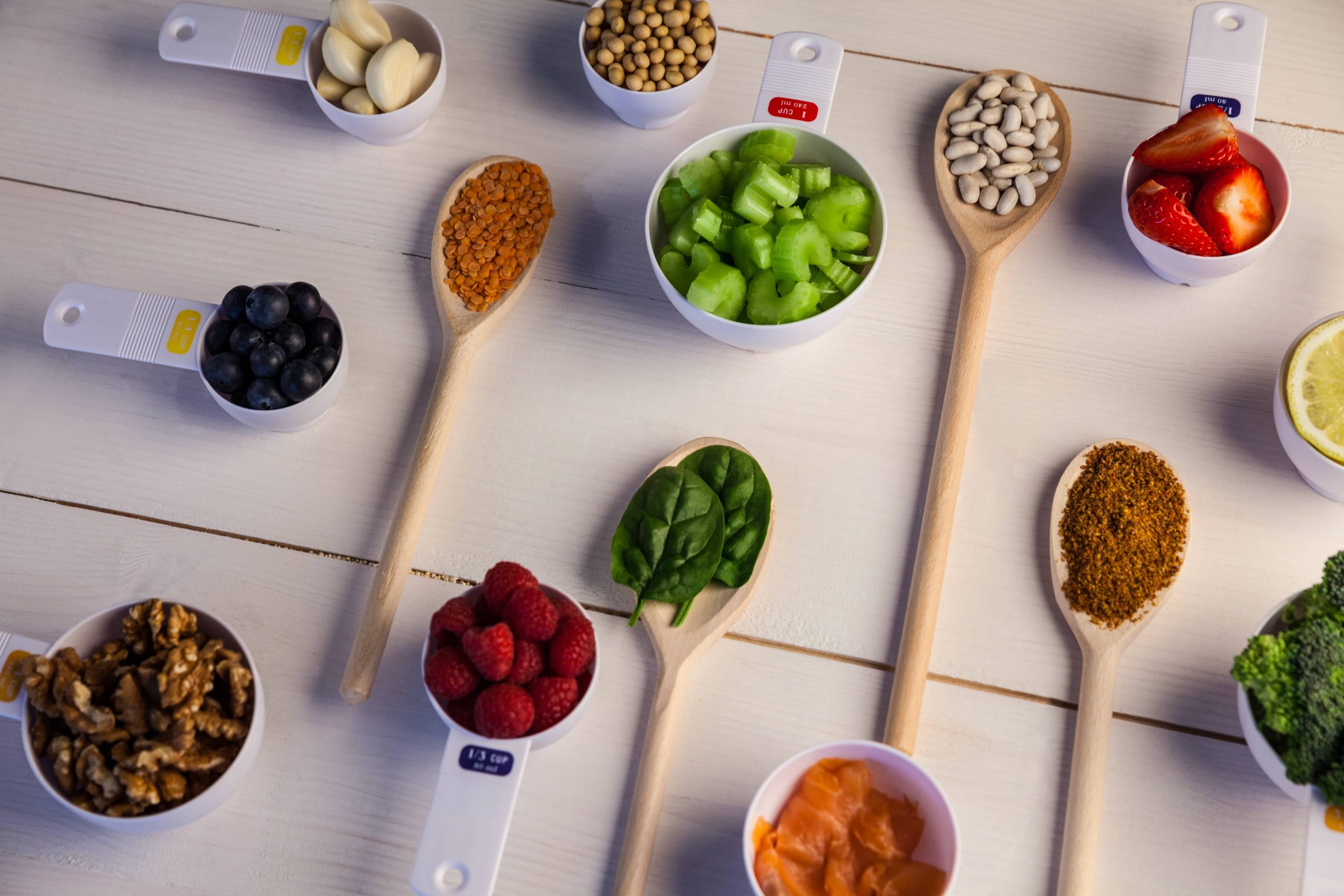
As the years gracefully pass by, our bodies undergo numerous changes that can impact how we function, heal, and feel. For older adults, one crucial component of a balanced diet – which often does not receive the attention it deserves – is protein. Despite being well-known for its muscle-building powers among bodybuilders and athletes, protein plays a more profound and vital role for older individuals. Beyond maintaining muscle mass, protein is integral for various bodily functions, offering benefits that are especially critical as we age.
The Role of Protein in the Body
Proteins are large, complex molecules comprised of amino acids that are critical for almost every biological process. They are the building blocks of life, essential for the growth, repair, and maintenance of the body’s cells and tissues. Beyond rebuilding muscle tissue, protein supports the immune system, aids in hormone regulation, contributes to the creation of enzymes, and even plays a part in carrying oxygen in the blood.
For older adults, these functions take on heightened importance. As the body ages, the efficiency of protein synthesis declines, and the risk of muscle mass loss, known as sarcopenia, increases. Without adequate protein intake, older adults may experience accelerated muscle loss, weakness, and a decreased ability to perform everyday tasks, which can significantly impact their quality of life.
The Prevalence and Impact of Sarcopenia
Sarcopenia is a natural age-related loss of muscle mass and strength, leading to frailty and increased risk of falls and fractures. It affects approximately 10% of adults over 60, rising to 50% in those over 80. Signs of sarcopenia include reduced muscle size, increased fatigue, difficulty climbing stairs, and an overall decline in physical ability. The previously active tasks gradually become daunting, and the cycle of physical inactivity exacerbates muscle loss further.
Adequate protein intake is pivotal in preventing or mitigating the impact of sarcopenia. A higher protein intake can help older adults maintain lean muscle mass, which contributes to improved balance, coordination, and resilience against injuries and falls. By incorporating sufficient protein into their diet, older adults can prevent muscle degeneration and maintain their independence for longer.
Benefits Beyond Muscle Maintenance
While the preservation of muscle is a primary concern, especially for older adults, protein contributes to various other health aspects, impacting overall well-being.
1. Bone Health: As calcium levels decrease with age, bones become more susceptible to fractures. Protein plays a role in preserving bone density and strength by supporting the production of collagen—a component crucial in maintaining bone integrity.
2. Immune System Support: The immune system subtly weakens with age, making older adults more susceptible to infections and illnesses. Adequate protein intake supports the immune function by promoting the production of antibodies and white blood cells, fortifying the body’s defenses.
3. Wound Healing: Older adults often have a slower regeneration process, and protein intake can significantly hasten recovery from injuries. Proteins such as collagen are essential for skin repair and the healing of wounds, ensuring that injuries are less debilitating and heal more effectively.
4. Weight Management: By promoting satiety and reducing age-related weight gain, protein supports healthy weight management. Maintaining a healthy weight is crucial for minimizing stress on joints and reducing the risk of cardiovascular disease—conditions commonly amplified by excess weight in older adults.
How Much Protein is Enough?
The Recommended Dietary Allowance (RDA) for protein stands at about 0.8 grams per kilogram of body weight. However, studies suggest that older adults may benefit from a higher intake, ranging from 1.0 to 1.2 grams per kilogram to counteract muscle loss and ensure optimal bodily function. This amount can vary based on physical activity levels, overall health, and specific dietary needs.
Older adults should prioritize high-quality, protein-rich foods such as lean meats, poultry, fish, eggs, dairy products, beans, legumes, nuts, and seeds. Including a variety of these foods in each meal helps distribute protein intake evenly through the day, which research shows may be more beneficial for muscle protein synthesis in aging individuals.
Barriers and Considerations
Despite the importance of protein, older adults may face challenges when it comes to adequate consumption. These can include a diminished sense of taste or appetite, dental issues that make chewing difficult, and financial constraints limiting access to high-quality protein sources. Strategies to address these barriers encompass:
– Preparing softer protein-rich foods, like eggs or yogurt, which are easier to chew.
– Incorporating protein powders or supplements, ensuring they are used under the guidance of a healthcare provider.
– Planning meals that integrate both nutrient and caloric density to stimulate taste buds and appetite.
Conclusion
Proper protein intake plays a fundamental role in nourishing the aging body, not just for muscle preservation, but for overall health and well-being. As we advocate for better nutritional understanding for all life stages, the specific needs of older adults deserve attention. Emphasizing the vital role of protein in mitigating risks associated with aging enables older adults to enjoy a better quality of life, with strength, resilience, and vitality. Balancing protein within the broader context of a nutritionally-dense diet paves the way for improved health outcomes, nurturing the journey towards graceful, active, and vibrant advancing years.



